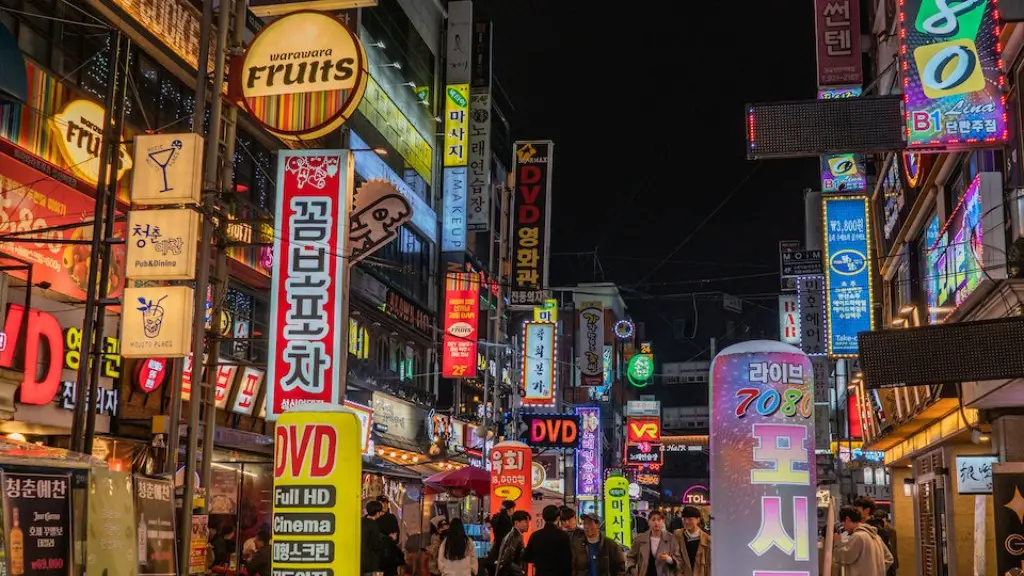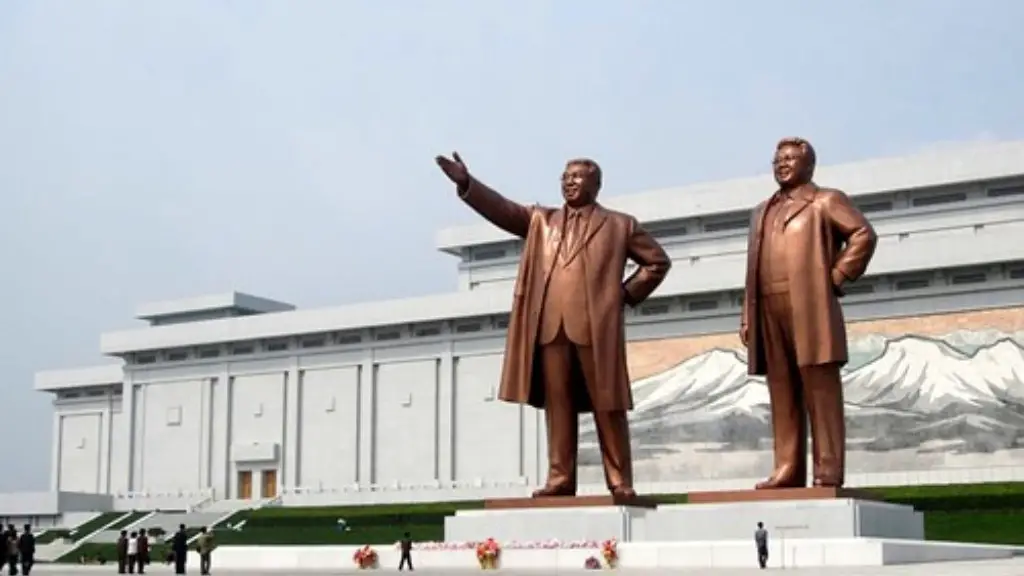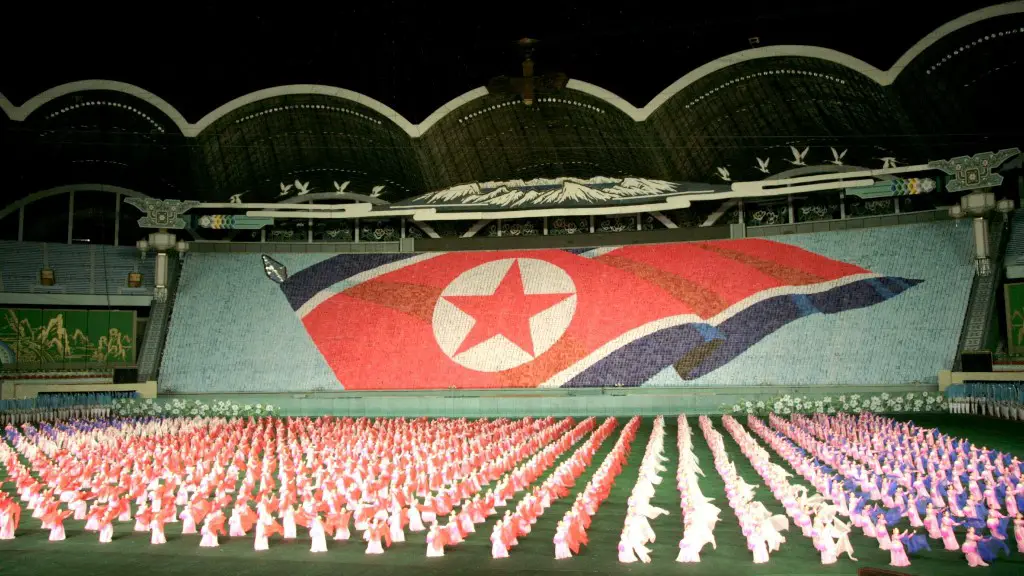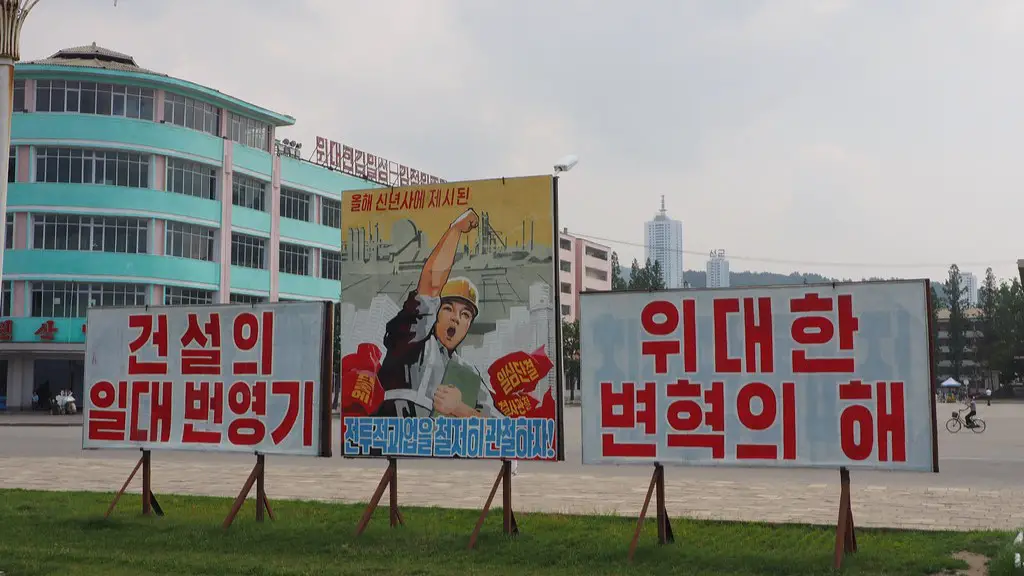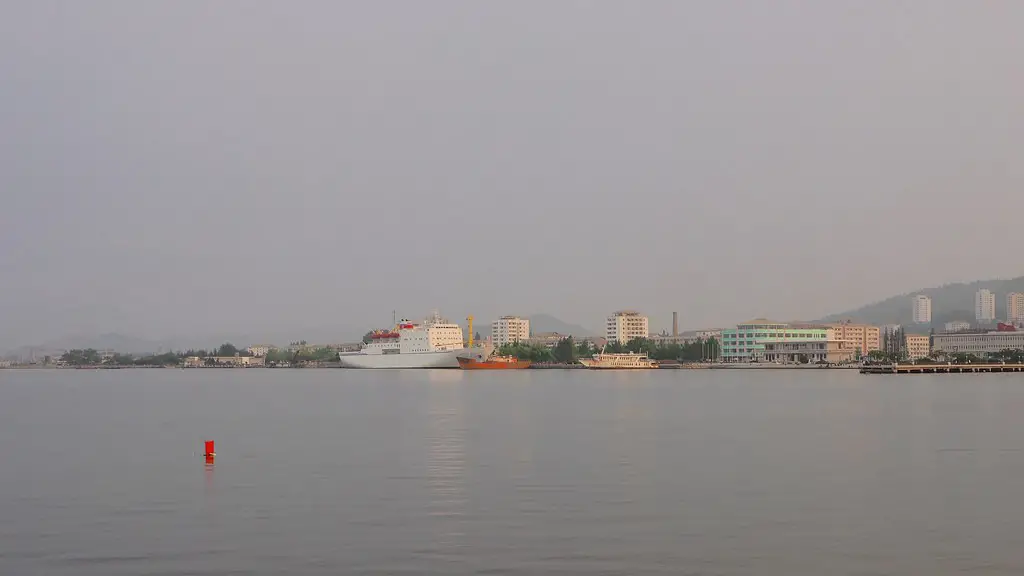Why Is North Korea Unsafe
The reclusive and authoritarian nation of North Korea creates many questions among the international community, particularly when it comes to its citizens’ safety. North Korea remains one of the world’s historically most oppressive regimes, and its security situation has significant implications on the safety of its people.
Perhaps the most remarkable finding was reported in 2014 by the United Nations Commission of Inquiry on Human Rights in North Korea. The commission noted numerous human rights violations, alleging the country perpetrates grave acts of inhumanity including ongoing summary executions, forced labor, and torture.
The government of North Korea is responsible for one of the most directed and systematic governments. According to multiple experts, many citizens are associated with the government or placed under its control. They claim that all aspects of life in the hermit kingdom are monitored, with every small detail of life being regulated and directed from the state.
In addition to these human rights violations, the North Korean government has also established one of the most restrictive media environments in the world. While the government controls all media outlets across the country, access to information is extremely limited and the content is heavily censored. In fact, only a few state-controlled outlets are even available to the general population.
These oppressive conditions have caused many citizens to adopt a culture of fear and silence. With such extreme government censorship, it’s difficult for citizens to speak out against the regime or discuss issues that could be seen as prohibited. That’s why the free exchange of ideas and public discussion is virtually non-existent in North Korea and why it is unsafe to openly express oneself.
Furthermore, North Korea also has one of the lowest standards of living in the world. Severe drought and famine have plagued the country for decades and tens of thousands of people have been forced to flee their homes in search of food and water. This has crippled the country’s economy, adding an extra layer of fragility to the safety of its citizens.
Another significant threat to the safety of North Korean citizens lies in the nation’s contentious relationship with the international community and neighbouring countries. Tensions between the US, China, and other nations in the region have been cause for serious concern. In recent years, North Korean missiles have been fired in the Korean peninsula and further raising tensions and causing fear.
Consequences for the North Korean People
The safety of North Korean citizens is deeply affected by the oppressive policies of the regime and the international tensions surrounding it. This has had dire consequences for its people. From the lack of basic fundamentals like food and medical care, to the lack of freedom of speech and expression, North Koreans are at risk of facing serious consequences for simply being in the wrong place at the wrong time.
The lack of speech and expression in North Korea has inextricably limited the ability of its citizens to defend their rights and access justice. The lack of communication and public discussion of issues has meant that public scrutiny of decisions is nearly impossible in North Korea. This means it is difficult to inform the public on matters that are related to the government and hold it accountable. Furthermore, the lack of access to information prevents people from getting accurate information, making it difficult for citizens to make sound decisions.
The majority of North Koreans also live in abject poverty. While some benefit from the government’s limited investment in the nation’s infrastructure, others struggle to make ends meet in a nation that has long been isolated from the rest of the world. Lack of economic opportunities in North Korea has caused many to migrate or flee in search of a better life, often only to face human traffickers or ending up in refugee camps.
The lack of economic opportunities has also exacerbated existing inequality in the nation. A few wealthy individuals and families benefit from privileged access to resources and opportunities while the majority of North Koreans continue to struggle. This has caused an extreme wealth gap amongst North Koreans, exacerbating the nation’s existing inequalities, and making it even more difficult to escape poverty.
The International Community’s Complicity
The international community has an obligation to help protect the rights of North Korean citizens and to ensure their safety. Unfortunately, the international community has been largely complicit in turning a blind eye to the suffering of North Koreans. In particular, the US and its allies have been accused of not doing enough to pressure the North Korean regime to address the violation of human rights.
The silence from the international community’s lack of action and concern has left many feeling isolated, abandoned and unsafe. This further perpetuates the perception that the world does not care about their suffering, only supporting punitive measures against the country’s leaders.
Furthermore, the US sanctions against North Korea are often mocked by its citizens as it fails to address the core issues the nation is facing, such as governmental oppression and the lack of freedom of expression. It’s also worth noting that some of the sanctions have had catastrophic effects on the country’s economy, further making it more difficult for citizens to survive and make a living.
The lack of international action has raised serious concerns over the safety of North Koreans. It has also made it difficult to hold the North Korean government accountable. North Korea is currently operating under the premise that it can act with impunity, and its citizens will continue to be in a precarious situation until the international community takes action.
Lack of Access to Health Care
Citing UNICEF data, Health Poverty Action estimated that 63% of North Koreans don’t have access to basic medical care. This lack of medical care has led to an increase in diseases and epidemics, infant mortality rates, malnutrition, and other health scares.
The rampant lack of access to health care in North Korea is a symptom of the country’s broader socio-economic issues. The realm of health care is not immune to the state’s secretive and oppressive policies. North Korea’s advanced medical facilities and expertise have been largely neglected in favor of more military-centric goals.
Spending on health care profiteering has been modest, to the point that health care staff are not able to replenish essential materials like medical supplies. Furthermore, the severely outdated medical technology has drastically limited the diagnosis and treatments available to citizens. This has resulted in the worsening of chronic illnesses and delayed the prevention of potentially fatal diseases.
The lack of access to medical care has caused an immense amount of suffering among North Koreans. Reports from doctors who’ve escaped the country indicate medical care for common diseases is extremely limited and even treatments for serious diseases are limited to the provision of pain relief and palliative care.
Living in Fear
North Korea is a deeply repressive regime where citizens have grown accustomed to living in fear. In recent years, the government has used public executions, labor camps, prison camps, and other means of oppression to terrorize citizens. The presence of these oppressive policies makes North Korea an extremely unsafe place to live.
The government of North Korea is also known for its use of disappearances and arbitrary detentions. Hundreds of thousands of people have been sent to labor camps, prisons camps and other places of detention, with little to no chance of ever being released or heard from again. This has caused many North Koreans to live in fear of being arrested, resulting in a pervasive climate of fear and distrust.
This fear of punishment has not only affected people’s lives, but also how they view the world. With fear so deeply engrained in the culture, it’s not surprising that many North Koreans lack the confidence or the trust to speak out and express themselves in a healthy, meaningful way.
International Pressure as a Solution
The international community has a responsibility to address the safety of North Koreans. However, many experts argue that this responsibility should not fall solely on the shoulders of their leaders, but also on the shoulders of international actors such as the United Nations Security Council and the international community.
Until the international community takes meaningful steps to hold North Korea accountable, the country’s citizens will continue to live unsafe lives. The UNSC should use its power to pass effective and meaningful sanctions against the North Korean regime, making it clear that the international community believes no individual should be subjected to unlawful and oppressive policies.
It’s also essential that the US and other leaders in the international community call for an end to the human rights violations that are occurring in North Korea. This includes the use of public executions, detentions, and other restrictive policies, as well as the restrictions on the free speech and expression.
Furthermore, the US and other nations should increase their diplomatic efforts in North Korea and continue to provide humanitarian aid to help alleviate the suffering of its people, who’ve long been denied access to basic human needs such as food and medical care.
A Path Forward
North Korea is an extremely oppressive nation and its citizens live in a dangerous and fragile environment. Although some improvements have been made in recent years, there is still much to be done to ensure the safety of its citizens. Until the international community takes meaningful steps to address the human rights violations and provide humanitarian aid, North Korea will continued to be an unsafe place to live.
Ultimately, North Koreans must take the lead in the fight for their rights. But the international community must also show that it is willing to stand up for the rights of its citizens and create meaningful solutions that will protect their safety, both now and for the future.
Providing Greater Access to Resources
To ensure the safety of North Koreans, the international community must also pressure their government to provide greater access to resources. The country’s economic isolation has led to a lack of economic opportunities and resources, which has greatly impacted the safety of citizens.
The United Nations, the US, and other countries in the international community should work together to create economic opportunities for North Koreans. This includes providing aid, investing in infrastructure, and working to open up trade with other countries. This would provide the much needed resources to fuel economic growth and create more jobs, which would help alleviate poverty in the country.
Furthermore, by providing education and other resources to North Koreans, they would be in a better position to make more informed decisions and take control of their lives. This is key to increasing the safety of North Korean citizens and helping them escape poverty.
Reestablishing Connections
While efforts to provide economic opportunities to North Koreans is essential, the international community must also work to reestablish connections between North Korea and the rest of the world. This would enable North Koreans to access accurate and up-to-date information, which is key to preventing misinformation and making more informed decisions.
Reestablishing diplomatic relations would also enable North Koreans to connect with people outside the country and access different perspectives. This would reduce the feeling of isolation that has been experienced by many North Koreans and could help them gain the confidence they need to speak out and defend their rights.
These
